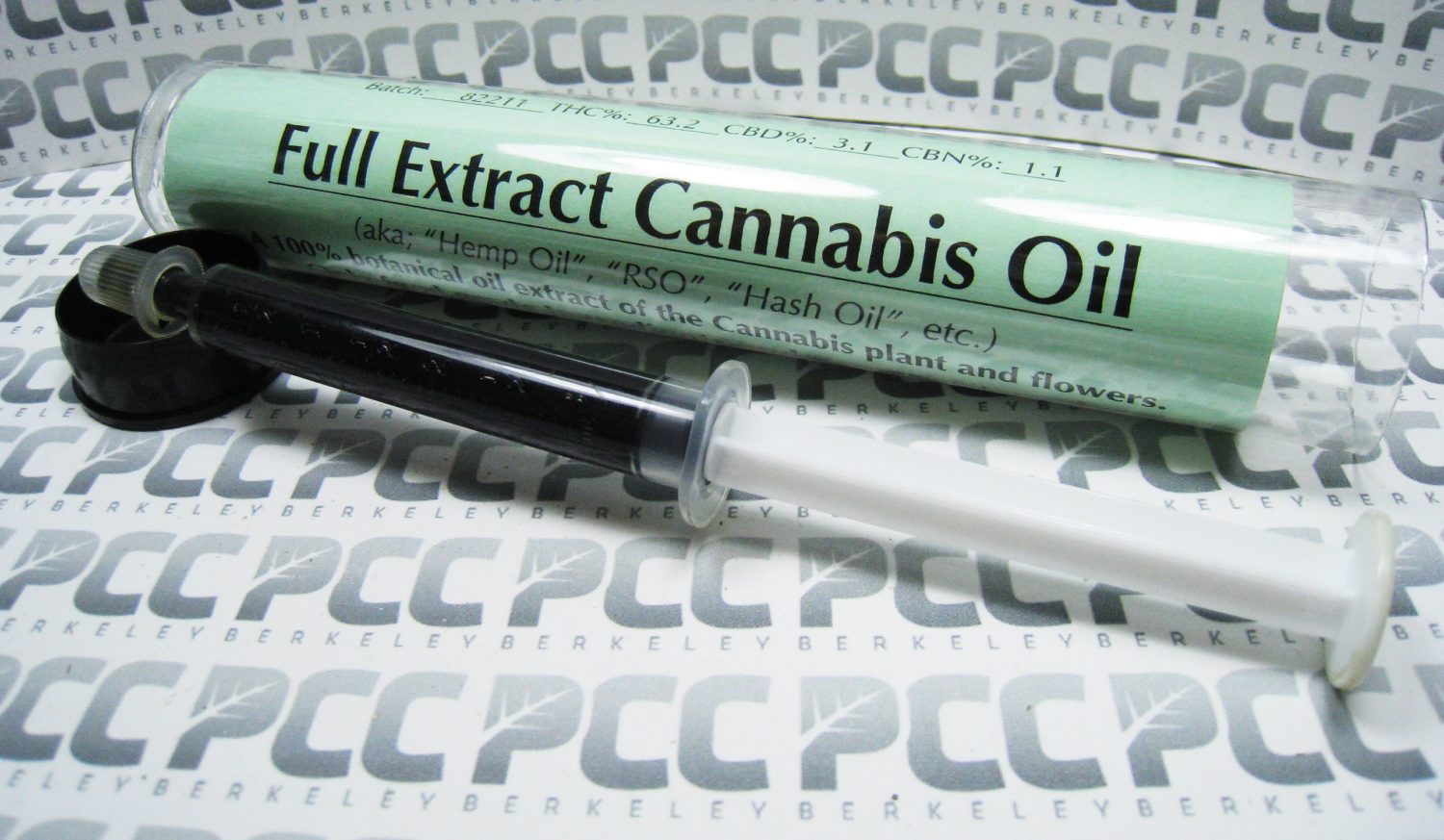Panama’s National Assembly is debating a measure to legalize medical marijuana, but in sharp contrast to neighboring Colombia, the program would fly pretty close to the ground. In a play to social conservatives, the law would only allow imports and users would be limited to extracts rather than herbaceous cannabis.
The first of the three scheduled debates on a medical marijuana measure opened in Panama’s unicameral National Assembly last week.
The medical marijuana measure, named Law 595, would “authorize and regulate the medicinal use of cannabis,” the legislative body said in a tweet.
The bill is the project of José Castillo, president of the assembly’s Health Commission, who first introduced it in November. He said the measure is aimed at helping the seriously ill, so “they don’t feel like contrabandistas” when they access their medicine.
Castillo said that private companies would play a role in the program, “if they provide employment and development, pay taxes.” But he was clear the such businesses would be restricted to importing and distribution — not production or cultivating. “This project will de-penalize the introduction of medications into the country,” Castillo said, according to the Spanish news agency EFE.
Under the proposed law, consumers will be limited to “liquid marijuana,” or cannabis oils, tinctures or extracts that can be administered orally. Castillo also insisted that there will be no discussion of a general legalization of cannabis, such as now seen in Uruguay.
“I am a doctor, and I am conscious of the benefits of this type of substances in certain illnesses,” he said in La Estrella de Panamá. “These laws are functioning well in other countries. We don’t want to legalize marijuana for recreational use, but only and exclusively for medicinal and therapeutic use, in its liquid form.”
He stressed that the liquid form is not addictive (a problematic statement, as it falsely implies the herbaceous form can be), and that it is highly effective for “infants with epilepsy problems, cancer sufferers and certain forms of chronic pain.”
Lawmakers heard testimony from patients who use medicinal cannabis, as well as from leaders in Panama’s medical field, who said they did not oppose the measure, according to the National Assembly website. One woman who spoke in support of the proposal was Erika Nota, the mother of a young boy named Rocco who suffers from epilepsy.
However, the medical marijuana measure may also fall prey to partisan politics. It could prove an obstacle that Castillo is from the ruling Partido Panameñista, which is none too popular right now. In early January, thousands protested outside the mansion of President Juan Carlos Varela, demanding prison terms and (ominously) even a “death sentence” for corrupt officials. The protest came after the announcement that judicial authorities are investigating 63 officials over possible kickbacks from the scandal-plagued Brazilian construction giant Odebrecht.
The conservative Partido Panameñista party is generally opposed by more left-populist parties. Hopefully, these will not paradoxically adopt a more social-conservative posture on the cannabis question merely to oppose an initiative from the ruling party.
This caution in Panama is vividly contrasted by the burgeoning cannabis industry in neighboring Colombia. There, foreign capital is pouring into the new cannabis sector, and licensed grow operations are proliferating. The medical marijuana program that has made this possible was also put into place by the otherwise conservative administration of President Juan Manuel Santos. In Colombia, the pragmatic conservative Santos and the left opposition came together in support of the initiative. We’ll soon see if Panama will repeat this pattern.
